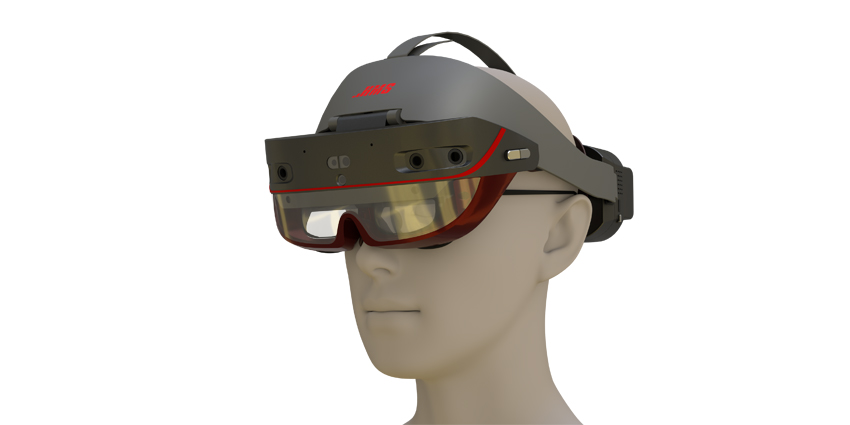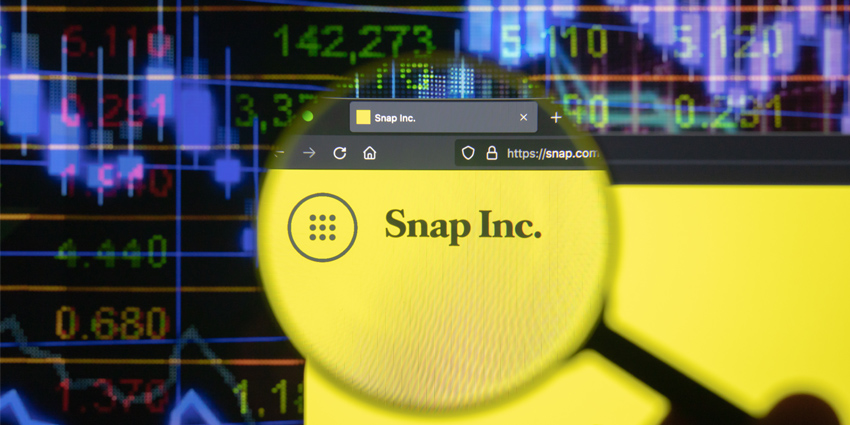Last Thursday, leading immersive technology firm Meta showcased its Meta Quest Pro and Horizon Workrooms application at its Kings Cross Office in London.
Meta set up the showcase to reflect its intention of defining the future of work via immersive mixed reality (MR) solutions.
Steve Hatch, Meta’s VP for Nothern Europe, opened the session by noting how incredibly different certain regions operate now compared to the Covid restrictions of years past.
Since the Covid pandemic, remote and hybrid working is becoming more commonplace.
Moreover, the rise of video conferencing and emerging immersive collaboration tools is assisting businesses in leveraging remote working structures.
Hatch said:
Not long ago, the idea of flexible work or remote work was seen as a perk or a benefit or something that was maybe even a little lesser sometimes. But now, I think every organisation knows that the ability to work in more flexible ways that are orientated around people are the only ways that they’re gonna be able to succeed.
Thanks to a greater understanding of remote work, businesses can equip themselves better to face the future of work head-on.
With video conferencing tools, remote or hybrid working is debatably the most successful method of employment.
Although, distributed enterprise collaboration is not without its faults. Factors like Zoom fatigue, a lack of personal connections, and a loss of corporate culture present new problems for B2B digital service providers to solve.
Meta on Securing the Future of Work
Many immersive firms, like Meta, believe that modern remote working complications are solvable with extended reality (XR) solutions.
Moreover, immersive collaboration solutions and remote guidance tools incorporate many traditional digital communications tools.
An immersive hardware solution can enhance how workers navigate applications like Teams or Zoom using technology like smart glasses with eye-tracking.
Meta also aims to craft the best enterprise-grade for users and clients via its product portfolio.
Many elements contribute to the successful adoption of an immersive collaboration solution.
A key aspect is inclusion, and Meta is attempting to design an experience which reflects its users and workers with a business.
Via means such as avatar customisation, Horizon Workrooms enables users to represent themselves; however they wish.
Horizon users could also alter their avatar clothing items to suit specific digital social environments.
Hands-on with Horizon Workrooms
A pivotal moment during Meta’s showcase evening included a hands-on demo of the recently released Meta Quest Pro and the Horizon Workrooms environment.
Meta staff set up two separate meeting rooms, with each participant receiving a Meta Quest Pro.
After a simple onboarding session, the invited groups joined a shared immersive Workroom environment.
While Meta dispersed the two groups in separate rooms, the immersive avatar and spatial audio systems quickly engaged everyone.
Meta also representatives used the time to show the Quest Pro’s hand-tracking capabilities.
While initially tricky to understand, Meta’s hand-tracking system significantly improved compared to Quest 2.
Navigating menus using the Meta Quest Pro requires users to pinch a chosen option.
Again, Quest Pro navigation is tricky at first, although it should be noted that hand-tracking technology is still relatively new, so users should expect a slight learning curve.
During the showcase, Meta showed various immersive environments. A representative explained how a company could place their logo within an immersive office to make the space it’s own.
The environment immersed the participants, but company representatives led the session to ensure it operated without fault.
Of course, not all modern businesses have the knowledge or resources to operate the Workroom application at the same level of proficiency. Meta is working with large client Accenture to improve the company-wide distribution of its immersive workplace tools.
Although the showcase was impressive, it mainly painted a picture of the state of XR, not today but perhaps tomorrow.
How to Prepare for the Metaverse and the Future of Work
With the emergence of workplace technologies and market-leading immersive sectors such as education and retail, the looming immersive industry is just around the corner.
Although, how can a client avoid falling behind the emerging corporate revolution?
Research collected by Meta UK’s Future of Work division highlighted how 81 percent of questioned individuals want to work in collaborative environments.
Moreover, the report claims that roughly 16 percent believe video calls help them feel present in meetings. A further 14 participants thought video conferencing led to greater collaboration with colleagues.
Due to these figures, Meta believes companies should begin investing in XR headsets over laptops.
To best prepare for the future of work, Meta also urges firms to look into Metaverse services sooner than later.
While Meta is attempting to lead the Metaverse pack, the firm strongly believes that traditionally competitive brands should work together to secure an interoperable Metaverse future.







